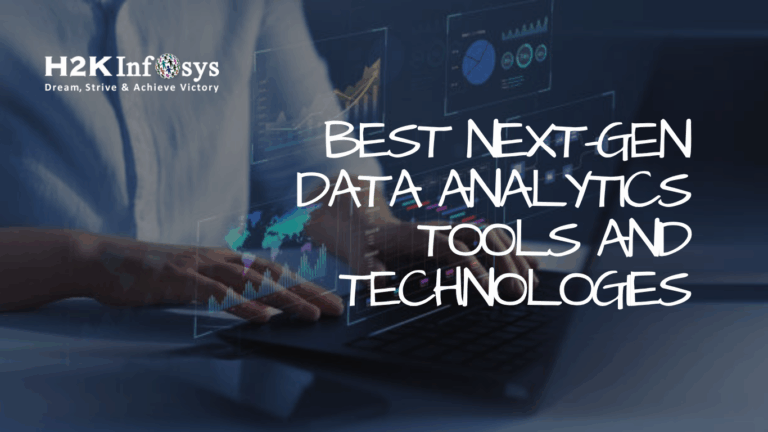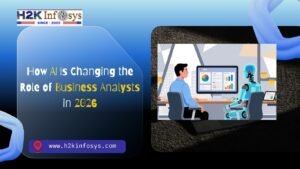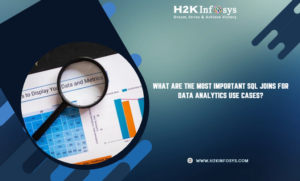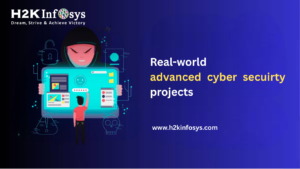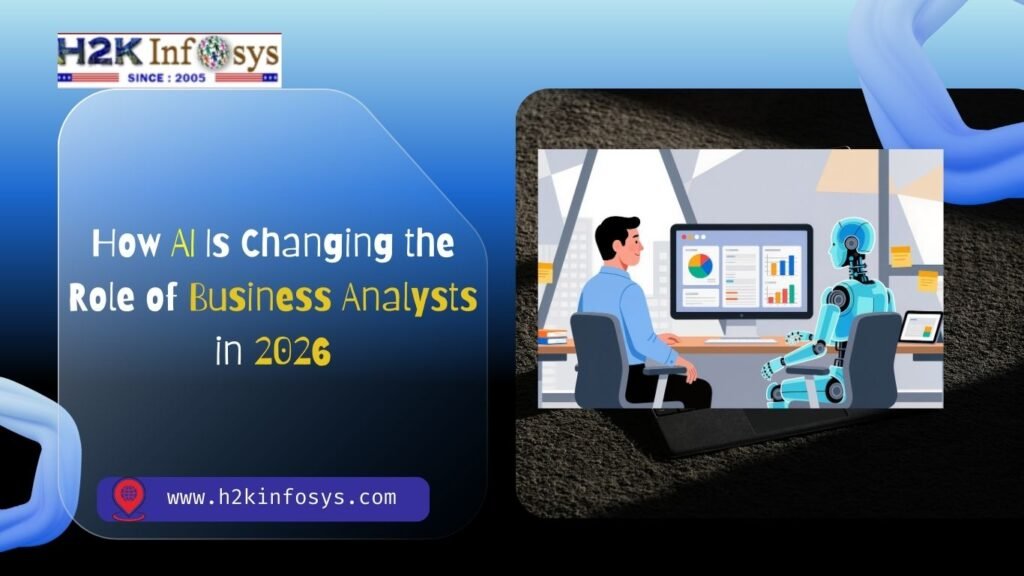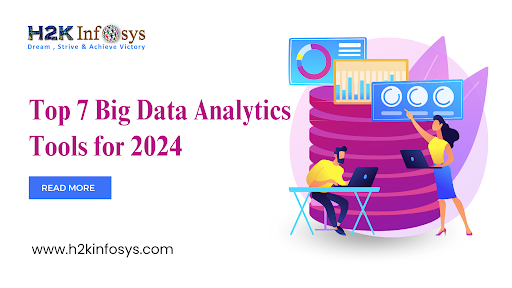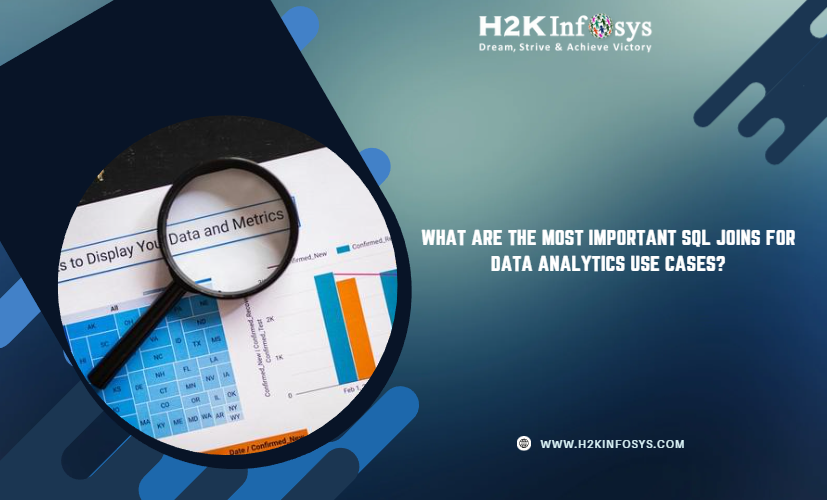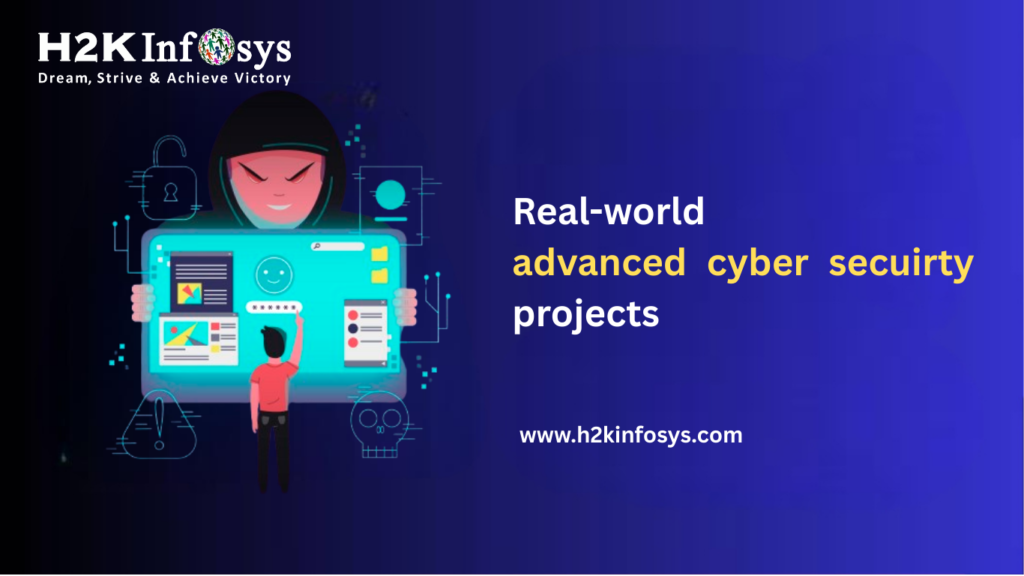Introduction: The New Age of Data Analytics
We live in an era where data is the new oil; every interaction, purchase, search, and click generates valuable information. But how do businesses turn this raw data into actionable insights? The answer lies in next-gen Data Analytics Tools and Technologies. Whether you’re an aspiring analyst or an IT professional pivoting to data-driven roles, knowing the most effective tools is critical.
For learners considering a Google Data Analytics Certification or enrolling in an Online Data Analytics Certificate, mastering these tools provides a competitive edge. In this blog, we explore the best next-gen Data Analytics Tools and Technologies that dominate the modern analytics landscape and how they can boost your career prospects.
Why Next-Gen Tools Matter in Data Analytics
Traditional analytics systems often struggle with speed, scalability, and real-time processing. Today’s organizations need solutions that are cloud-native, AI-integrated, and capable of handling vast volumes of both structured and unstructured data.
That’s where modern Data Analytics Tools and Technologies come in. These tools are designed to:
- Handle massive datasets with ease
- Integrate AI and machine learning for predictive insights
- Deliver real-time dashboards and visualizations
- Automate repetitive tasks like data cleansing and transformation
- Offer cloud scalability and secure data governance
Mastering these technologies is essential for anyone pursuing a Data Analytics certificate online or joining data analytics classes online.
Google Analytics Platform: Cloud-Based Intelligence
If you’re pursuing a Google Data Analytics Certification, this suite is a must-know.
Core Tools:
- BigQuery: A powerful cloud data warehouse for fast SQL queries.
- Looker Studio (formerly Data Studio): Create interactive dashboards.
- Google Sheets Add-ons: Lightweight yet effective for automation and visual summaries.
Industry Use:
Tech companies use BigQuery to run large-scale analyses on user behavior, clickstream data, and fraud detection in real-time.
Learning Insight:
These tools are heavily emphasized in most Online courses for Data Analytics, making them ideal for both beginners and professionals.
Microsoft Power BI: Enterprise-Grade Dashboards
Power BI is known for combining simplicity with deep analytical power.
Key Features:
- Intuitive drag-and-drop interface
- Integration with Excel, Azure, and SQL Server
- Embedded AI for data analysis
- Real-time sharing and collaboration
Real-World Use:
Corporations use Power BI for tracking financial KPIs, supply chain metrics, and HR analytics.
Relevance in Learning:
Almost every Data Analytics course online includes Power BI, as it’s one of the top Data Analytics Tools and Technologies for business intelligence.

Tableau: Data Storytelling Made Easy
Tableau excels in advanced visualizations and intuitive dashboards.
Features That Shine:
- Real-time data sync
- Advanced chart types and custom visualizations
- Integration with numerous databases
- Drag-and-drop interface for non-technical users
Use Case:
Healthcare providers use Tableau to map patient trends and allocate resources more effectively.
Career Impact:
Tableau is considered one of the most in-demand Data Analytics Tools and Technologies, particularly for professionals earning a Data Analytics certificate online.
Apache Spark: The Big Data Engine
Apache Spark is built for speed and scale.
Why It Stands Out:
- Distributed computing for big data workloads
- Compatible with Python, R, Scala, and Java
- Supports real-time stream processing
- Built-in ML library
Industry Impact:
Used in industries like e-commerce and finance for behavioral analytics and fraud detection.
In Learning Programs:
Advanced data analytics classes online in Data Analytics Tools and Technologies often include Spark to train students for enterprise-level challenges.
Python Libraries: The Foundation of Modern Analytics
Python continues to dominate analytics thanks to its ease of use and versatility.
Popular Libraries:
- Pandas for data manipulation
- NumPy for scientific computation
- Matplotlib and Seaborn for visualization
- Scikit-learn for machine learning
Professional Use:
Python is used in customer segmentation, demand forecasting, and predictive modeling.
Academic Focus:
Python is a staple in almost every course for Data Analytics, including those leading to Data Analytics Tools and Technologies.
R Programming: Deep Statistical Analysis
R is designed specifically for statisticians and data scientists.
Strengths:
- Rich statistical packages
- Built-in plotting and charting
- Compatible with Hadoop and Spark
Use Cases:
R is heavily used in biotech, pharmaceuticals, and academic research for statistical modeling and data visualization.
Skill Development:
Many Online courses for Data Analytics offer R as an elective or specialized track in statistical analysis.
SQL and NoSQL: The Backbone of Data Storage
Understanding databases is essential for effective data analysis.
SQL (Structured Query Language):
- Ideal for transactional data
- Used in banking, retail, and HR systems
NoSQL (MongoDB, Cassandra):
- Ideal for unstructured data
- Used in social media, IoT, and real-time apps
In Learning Pathways:
Every well-rounded Data Analytics course online emphasizes SQL, while NoSQL is introduced in advanced modules.
Jupyter Notebooks: Where Code Meets Explanation
Jupyter Notebooks allow for interactive coding, visualization, and explanation in one place.
Features:
- Live code and markdown support
- Rich visualizations
- Reproducible research environments
Application:
Used extensively by data scientists to demonstrate analytics workflows and share models.
Why It Matters:
These notebooks are increasingly integrated into Data Analytics Tools and Technologies ecosystems used in real-world businesses.
Looker: Cloud-First Business Intelligence
Looker helps businesses explore and understand data using a modeling language called LookML.
Why It’s Gaining Popularity:
- Data modeling at scale
- Custom dashboards
- Google Cloud integration
Used By:
Retailers, tech companies, and e-commerce firms for customer journey analysis and sales forecasting.
Learning Benefit:
Emerging Data Analytics Tools and Technologies like Looker prepare students for future-ready BI roles.
AI & ML Platforms: The Intelligent Analytics Era
Platforms like DataRobot, H2O.ai, and Amazon SageMaker are revolutionizing analytics.
Key Capabilities:
- Automated model building (AutoML)
- Predictive scoring
- NLP for sentiment analysis
- AI-based recommendations
Industry Use Case:
These platforms are used by telecoms, banks, and logistics companies to streamline operations and automate decision-making in Data Analytics Tools and Technologies.
Learning Integration:
Future-focused Online Data Analytics Certificates are starting to integrate modules on AI and ML tools.
Data Integration and Governance Tools
Tools like Talend, Alteryx, and Informatica ensure clean, reliable, and compliant data pipelines.
Key Features:
- Data profiling and validation
- Metadata management
- Automated workflows
Critical for Compliance:
These tools help meet industry standards like GDPR and HIPAA.
In Courses:
A complete course for Data Analytics will introduce these tools to prepare students for enterprise requirements.
Emerging platforms like Snowflake and Amazon QuickSight combine the power of cloud computing with analytics and visualization.
Benefits:
- Serverless and scalable
- Pay-as-you-use model
- Easy data sharing across platforms
Career Relevance:
Cloud-based Data Analytics Tools and Technologies are fast becoming the standard in modern enterprises.
Comparison Table: Data Analytics Tools and Technologies
| Tool/Technology | Best For | Commonly Used In |
| Power BI | Dashboards & BI | Finance, Operations |
| Tableau | Visual storytelling | Healthcare, Marketing |
| Apache Spark | Big Data & Streaming | Retail, Finance |
| Python (Pandas, etc.) | Data processing & ML | Cross-industry |
| SQL/NoSQL | Data storage & retrieval | All industries |
| Jupyter Notebooks | Analysis sharing & collaboration | Research, Academia, Tech Firms |
| Looker | Cloud BI | E-commerce, SaaS |
| R Programming | Statistical analysis | Healthcare, Academia |
| AI/ML Platforms | Predictive modeling | Telecom, Finance, Logistics |
| Talend/Informatica | Governance & Data Prep | Regulated sectors |
Key Takeaways
- The demand for skilled professionals in Data Analytics Tools and Technologies is growing rapidly.
- Tools like Tableau, Power BI, and Apache Spark provide critical functionality for enterprise analytics.
- Coding tools like Python and R are core to most analytics careers.
- AI/ML platforms and cloud-native tools are shaping the next wave of innovation.
- Choosing the right Data Analytics course online can give you real-world exposure to these tools and technologies.
Conclusion: Transform Your Career with the Right Tools
Staying ahead in analytics means staying updated on the best Data Analytics Tools and Technologies. Don’t just learn theory, build real projects, explore advanced platforms, and become job-ready.
Join H2K Infosys’ Data Analytics certificate online today for hands-on experience, expert instruction, and a direct path to industry success.
